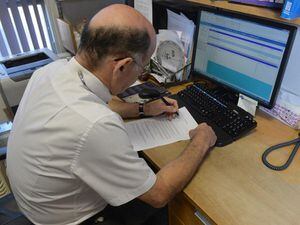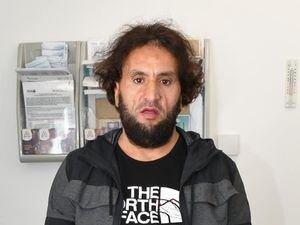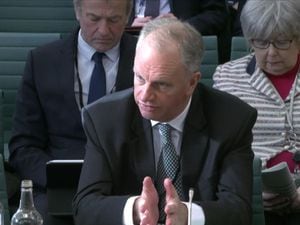Mental health support scheme opened up to all NHS doctors
NHS England chief executive Simon Stevens said the NHS long-term plan, due to be published this autumn, will contain a renewed focus on mental health.

A new mental health support scheme is to be introduced to cover all doctors working in the NHS.
NHS England chief executive Simon Stevens announced the move, which will see the NHS GP Health Service expanded to cover an additional 110,000 doctors.
More than 1,500 GPs have already been supported by the service since it was launched in 2017.
A recent survey found the majority (93%) of patients were likely to recommend the service to others, while 88% said it had a positive or very positive impact on their wellbeing.
Currently, support for the mental health of hospital doctors falls to NHS Trusts or Clinical Commissioning Groups (CCGs), but provision is not universal.
Mr Stevens said: “The NHS is significantly improving mental health treatment for patients but sometimes doctors need our support too.
“This will mean the NHS will now have a more comprehensive national mental health support offer to doctors than any other country in the world.
“This new funding will help all doctors, giving them a safe, confidential service to turn to when they are struggling and need help.”
Mr Stevens said the NHS long-term plan, due to be published this autumn, will contain a renewed focus on the mental health of both patients and staff.
Dr Clare Gerada, medical director of the NHS Practitioner Health Programme, has previously warned how doctors are at a particularly high risk of mental illness.
She said: “The last taboo in the NHS is the acknowledgement that doctors also have mental health problems and that they are not immune to the pressures we all face.
“We have shown that if you offer an accessible, confidential service then doctors will come for treatment, and not just come, they get better.
“I’m delighted Simon Stevens has announced extra funding to make this service available nationally, so doctors outside of London can access the support they need.”
Professor Ravi Mahajan, president of the Royal College of Anaesthetists, also welcomed the announcement, with its own research finding that three out of five (61%) anaesthetists in training said their job negatively affected their mental health.
“We know this is not just an issue for anaesthetists – it’s an issue that is indiscriminate of specialty or seniority and it is right that support is provided for all doctors across England,” he added.
“There is a moral imperative to care for those who care for others, but there is also an economic case when we know that staff absence costs the NHS in England £2.4 billion a year.
“Comparatively modest capital investment in staff facilities to ensure the availability of a hot drink, decent meal and a place to take a break after a long shift could have a major impact on the wellbeing of NHS staff.”





